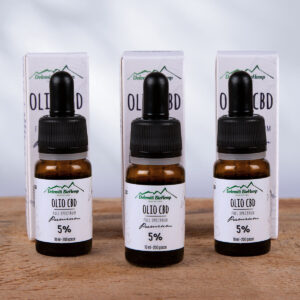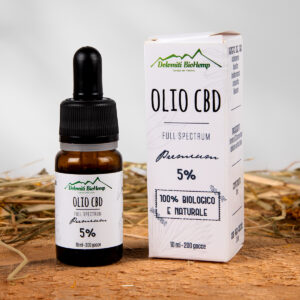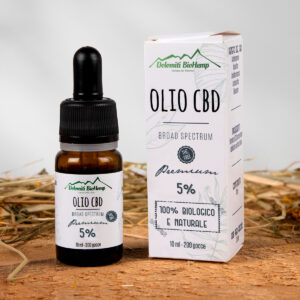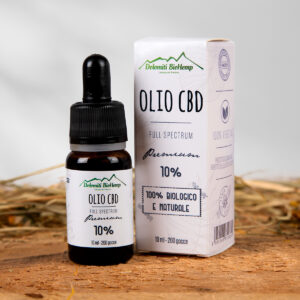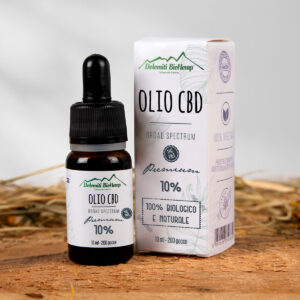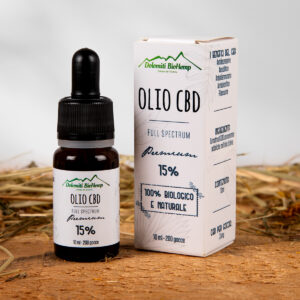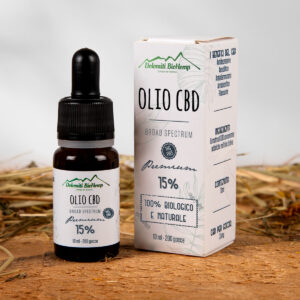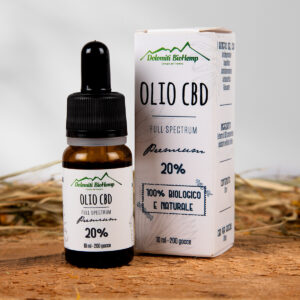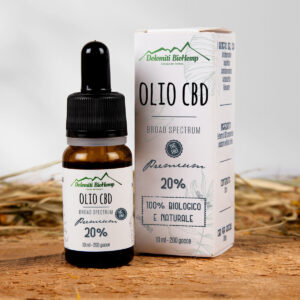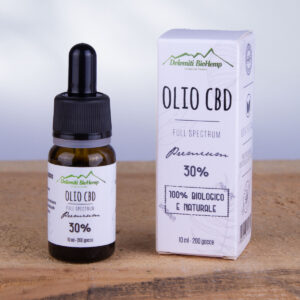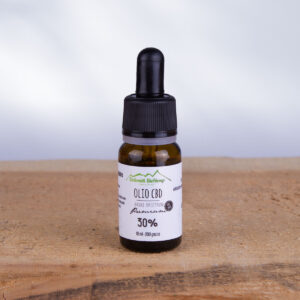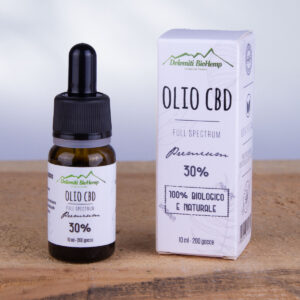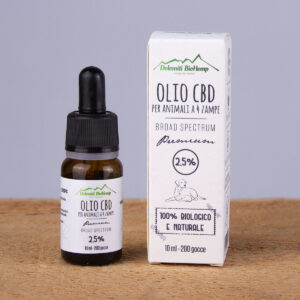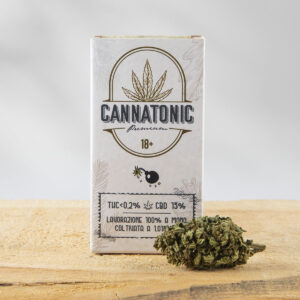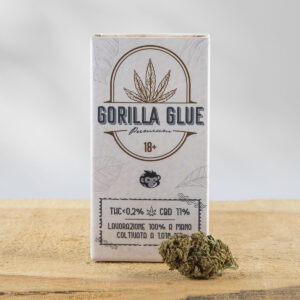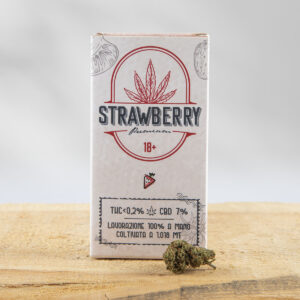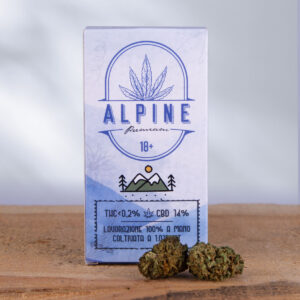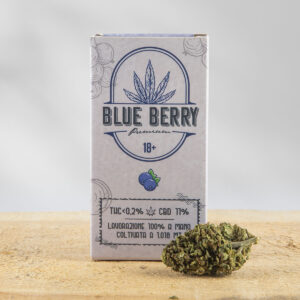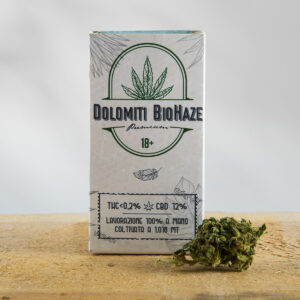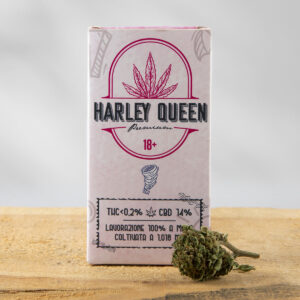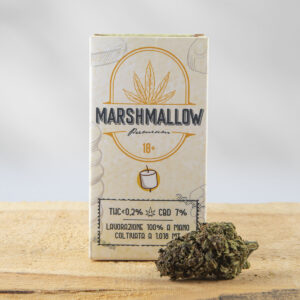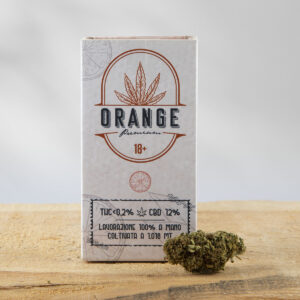Subscribe our newsletter and receive immediately 10% discount for your next order!
CBD
Showing 1–30 of 34 results
No doubt, you have already come across the acronym CBD, either online, in a CBD sign in front of a CBD Store or even in newspaper articles or on some product labels.
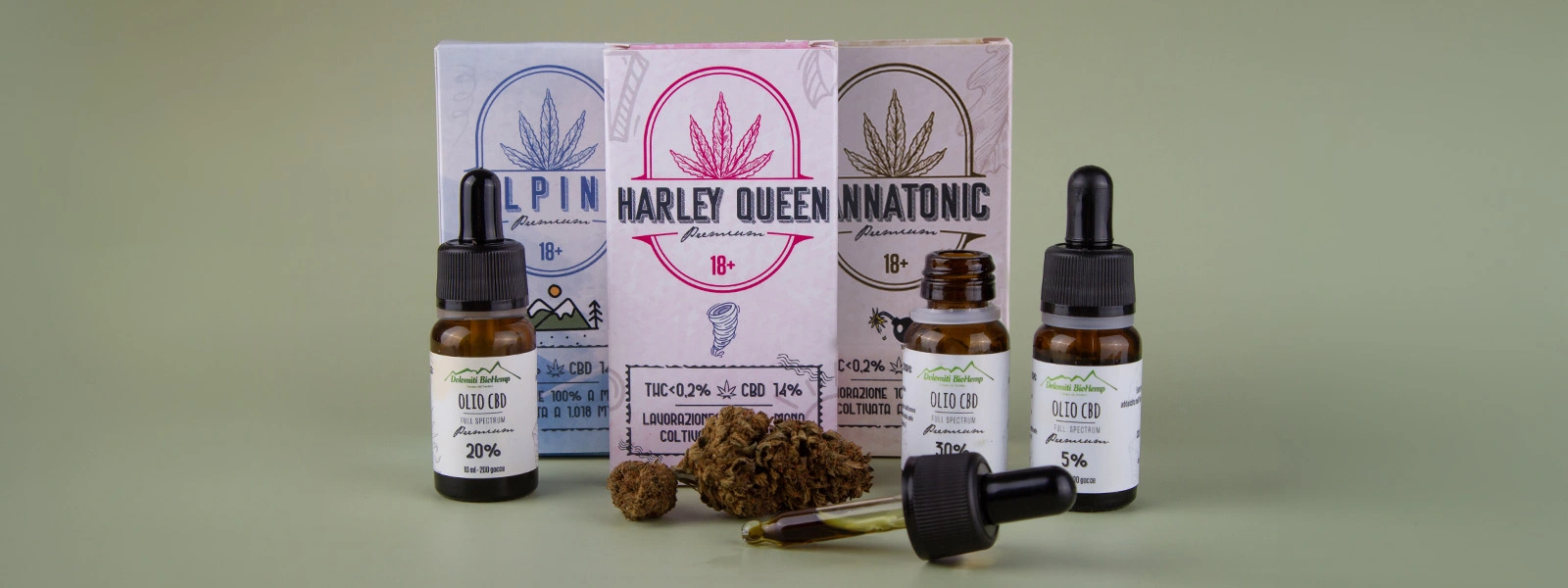
What is CBD? Let’s be clear
It is the most popular term used to refer to Cannabidiol, a substance present both in hemp and cannabis plants, two look-alike plants, yet with very different uses and properties.
Hemp is employed in several fields such as construction, textiles or food.
For centuries cannabis, also known as Marijuana, has played a fundamental role in traditional Chinese medicine and later in North African and European cultures. Indeed, its first applications date back to at least the 4th century B.C., thanks to its vast therapeutic properties, in particular, but not limited to soothing and relaxing effects.
Besides CBD, however, Cannabis also includes other cannabinoids, mainly THC, the substance responsible for psychotropic and hallucinating reactions. In fact, the presence of THC led, during the prohibition era, to the ban of cannabis due to its classification as a drug.
Now things are moving forward: More and more countries, even in Europe, have legalized the use of cannabinoid products containing CBD, providing they have close to zero percentages of THC.
The underlying reason for this decision is indeed the awareness of the enormous health benefits of CBD, proven by many relevant studies.
That is why CBD is also currently being used in the treatment of various diseases, alongside and sometimes even replacing traditional drugs.
The health benefits of CBD
The most well-known and appreciated effect of CBD is its power to restore the correct functioning of our organs, in particular the nervous system. CBD intervenes both at a central and peripheral level thus resulting in a general restoration of mental and physical well-being.
Therefore, CBD has long been used to mitigate anger, anxiety and depression.
This improved state of well-being boosts mental clarity, stimulates brain function and strengthens our body. This newfound well-being also contributes to further beneficial effects: In fact, CBD has a calming function that can be extremely helpful in supporting disorders associated with serious and painful diseases. In addition, it can also contribute to dealing with rather invasive treatments, such as chemotherapy and its consequences.
Therefore, not only has CBD many therapeutic effects, but it can also contribute to improve our daily life. Take, for example, the quality of sleep: Cannabidiol, as a muscle relaxant, contributes to a more peaceful sleep and can be therefore extremely helpful for those who suffer from insomnia or disturbed sleep. As a result, the overall well-being of the individual is enhanced.
The main properties of CBD
However, the benefits of CBD surely do not end here.
This substance has an excellent anti-inflammatory effect and precisely for this reason, it is used to soothe a wide variety of discomforts. CBD is therefore used as an additive, generally in oil form, in skin care products, creams and cosmetics in general. It is mainly involved in relieving skin inflammations, especially acne and different types of dermatitis such as psoriasis.
Thanks to these properties, CBD is also very effective in relieving pain associated with arthritis or rheumatic inflammation, thus improving the quality of life of patients.
As a matter of fact, Cannabidiol is a superb natural painkiller. It proves to be very effective in case of headaches, joint or back pain but also in degenerative diseases characterized by severe pain. Patients suffering from multiple sclerosis, for example, resort to CBD to relieve the cramps caused by this condition.
On the other hand, plenty of women take CBD-based products for menstrual pain relief or for hormonal modulation. Studies have shown that CBD is very effective in managing mood swings or discomfort caused by hormonal imbalances, not only during periods but also in menopause.
Nevertheless, several other aspects concerning the use of CBD have been analyzed in laboratory trials. For instance, CBD has been tested for its use as an antiepileptic, in particular in case of severe disorders or in the Lennox-Gastaut and Dravet syndromes.
Other researches are now focusing on the therapeutic efficacy of CBD as an anti-anxiety and anti-psychotic substance, used in the treatment of anxiety as well as schizophrenia, obsessive-compulsive disorders or PTSD.
The beneficial effects of CBD on our well-being and quality of life
It is worth pointing out that, in the vast majority of cases, CBD-based products are not meds, nor can they replace prescribed medications for specific conditions. And they do not intend to do so: They have a rather different purpose.
Thanks to the beneficial effects of CBD, these products should be regarded as potential adjuvants to medical treatments. Hence, when taken in combination with medications, they can provide great relief to the patient but, especially in severe or chronic diseases, they should not be used as an alternative therapy.
In such cases, the beneficial effects of CBD are mainly related to an enhancement of the consumer’s quality of life. Relieving pain, reducing inflammation, balancing mood swings and generally relaxing the nervous system contribute to regain at least a little bit of our well-being, so that we can more easily face our daily tasks or medical conditions.
CBD is therefore a sort of energizer for both the body and the psyche, triggering a two-sided and extremely beneficial process. When your body feels better, your mind gets calmer and your mood improves, and vice versa: as your mind is calmer, your mood rises and so does your strength to overcome physical challenges.
In addition, science tells us about the therapeutic potential of CBD, such as its ability to activate molecular pathways in the brain that are not only providing relief, but also curbing the release of certain hormones, in particular oxytocin and cortisol, responsible for stress and metabolic changes. Therefore, CBD is once again serving as a regulator, thus also balancing factors such as mood and appetite.
THC VS CBD: difference and similarities
So far, we have been focusing on CBD. However, in hemp and cannabis we can find another cannabinoid, namely THC, short for Tetrahydrocannabinol or Delta 9 Tetrahydrocannabinol.
THC and CBD both have a multitude of beneficial properties. For example, they are excellent painkillers and anti-inflammatory substances; however, there is a fundamental difference between CBD and THC in terms of the physical responses triggered by their consumption. THC is responsible for psychotropic effects similar to those caused by narcotic substances.
This substance binds to the nerve cell receptors in the brain, thus stimulating the release of dopamine, also called euphoria hormone. In about 20 minutes, it induces a psychophysical alteration that persists for a few hours, explaining why THC-based substances are illegal in most countries.
CBD, on the contrary, does not trigger any intoxicating effect, nor does it impair cognitive or motor abilities.
Still, widespread confusion has long surrounded this issue over the years and led to the wrong belief that THC and CBD are the same substance at the expense of the harmless CBD. In fact, all cannabinoid-based products have long been banned and some countries still maintain such sales bans.
Recent studies have now proved that THC side effects are strictly dependent on the ingested amount. In very low percentages, usually below 0.2%, users do not experience any psychotropic reactions and do not get “high”. In several States, including Italy, this has paved the way for the commercial introduction of many CBD products, including ours.
The Dolomiti BioHemp oils, inflorescences and pomades contain in fact only very small traces of THC, thus ensuring the effectiveness of CBD without any psychoactive reaction whatsoever.
Contraindications: does CBD have negative side effects?
CBD side effects are minimal and always transitory. Since it is a natural substance, it is generally well tolerated by our organism but, like any other product, we should always be careful.
CBD’s downsides are mostly related to its inherent characteristics. Due to its relaxing properties, it is advisable not to take it before driving, especially if you are very tired, as it can cause drowsiness. In fact, it is commonly used as a sleep aid for insomnia.
Besides, CBD affects the receptors responsible for the production of saliva and induces a slight dry mouth. This is not a big deal as it is sufficient to simply drink more fluids to overcome such phenomenon. Nevertheless, this should not be underestimated if you suffer from dehydration.
People suffering from hypotension should also be careful when taking CBD, since it can reduce blood pressure. Conversely, Cannabidiol is recommended for hypertension.
Besides, occasional episodes of diarrhea, dizziness and headache can occur, usually affecting people particularly sensitive or intolerant to specific substances.
As you can see, the above-mentioned reactions to CBD should not be considered as real side effects, but rather as temporary discomforts that can be easily managed.
However, if you suffer from serious diseases, you should always seek advice from a qualified healthcare professional in order to get proper indications for the use of CBD-based products as adjunctive therapy and especially information on their dosage.

